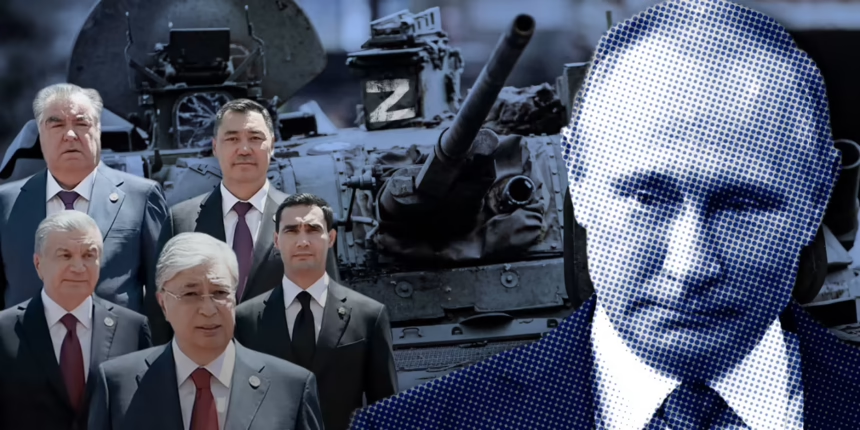Summary by Geopolist | Istanbul Center for Geopolitics:
The article examines the profound impact of Russia’s invasion of Ukraine on its diplomatic ties with regional partners in the Collective Security Treaty Organization (CSTO) and the Eurasian Economic Union (EAEU). Countries such as Armenia, Kazakhstan, and Kyrgyzstan have traditionally depended on Russia for economic and security assistance; however, the ongoing conflict has intensified apprehensions regarding Moscow’s motives and the implications of its conduct in Ukraine. Kazakhstan, notably, exhibits caution owing to its substantial Russian-speaking demographic, whereas Armenia expresses discontent regarding Russia’s insufficient backing in disputes such as Nagorno-Karabakh.
Regional partners are strategically navigating their relations with Russia through the diversification of their diplomatic and economic connections. Kazakhstan is enhancing its collaboration with China and India through initiatives such as the Belt and Road Initiative. In the interim, Russia’s allies are investigating various alternatives to mitigate their reliance on Moscow. For example, Armenia has voiced its discontent with the CSTO and is contemplating a departure from the alliance, while Belarus has aligned itself with the China-led Shanghai Cooperation Organisation (SCO) as a strategy to counterbalance Russian influence.
The partners of Russia encounter difficulties in maintaining their relationships with Moscow while also managing external influences. For instance, the sanctions enacted by the United States and the European Union have encompassed Kazakh and Kyrgyz enterprises that assist Russia in evading economic limitations. Nevertheless, nations such as Kazakhstan are actively implementing internal balancing strategies, including the diminishment of the Russian language’s prevalence and the elevation of national identity, in an effort to undermine Moscow’s informational supremacy.
In conclusion, the article posits that the conflict in Ukraine has compelled Russia’s regional allies to reevaluate their strategic considerations while simultaneously rekindling longstanding apprehensions regarding Russian hegemony. The trajectory of Russia’s leadership within the region is likely contingent upon the resolution of the conflict and the capacity of its allies to counterbalance Russian influence via more extensive regional initiatives.
Read the full article here.







